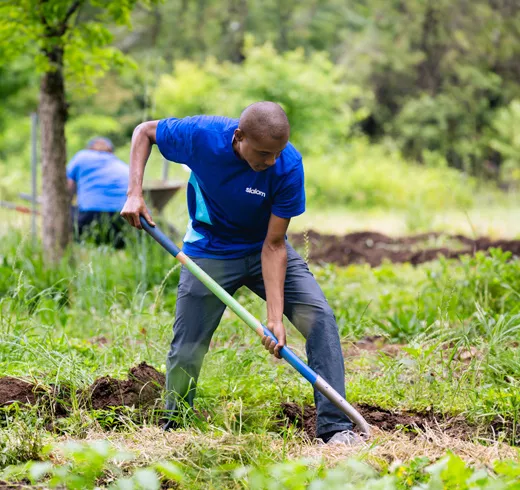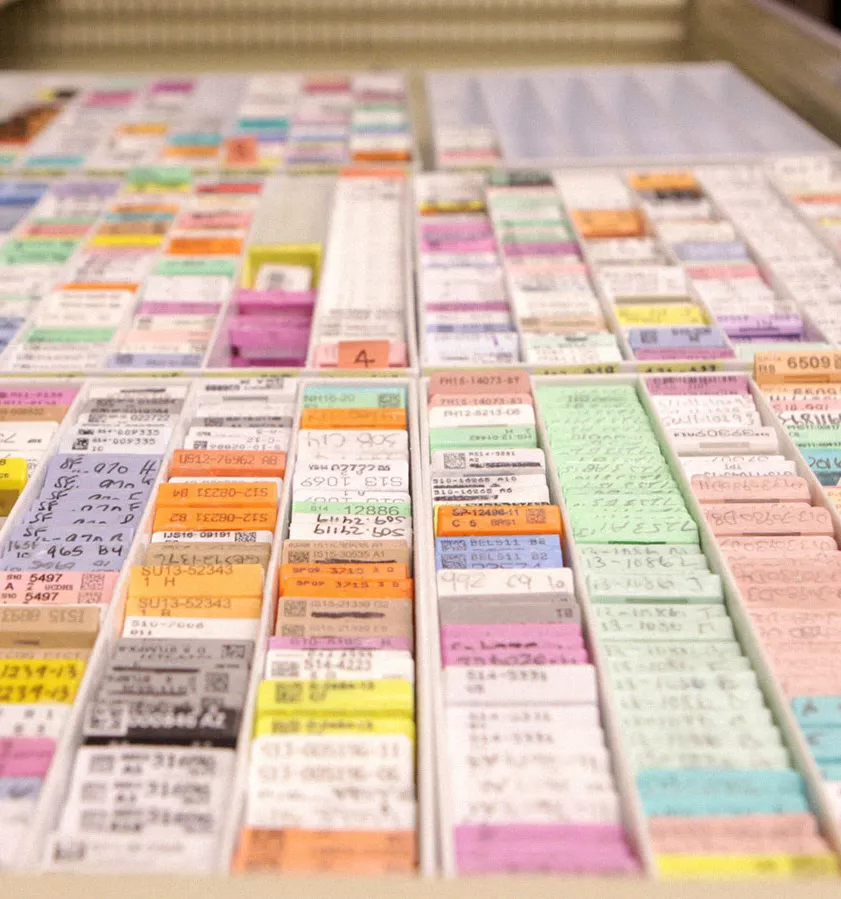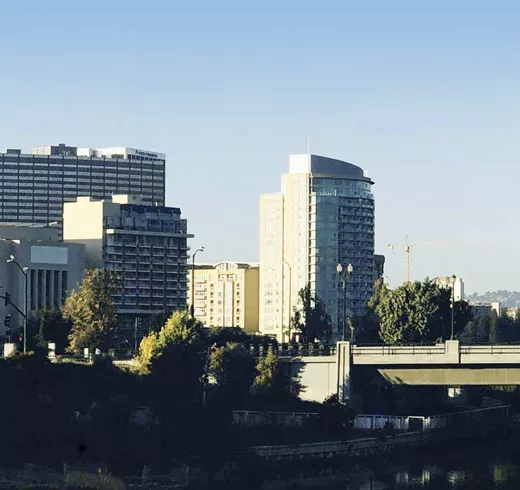
Building portals to a cleaner environment

At a glance
The Resource Productivity and Recovery Authority (RPRA), Ontario’s circular economy regulator, is tasked with enforcing forward-thinking regulations in pursuit of a waste-free Ontario. Since many of those regulations require registration and detailed reporting by a variety of registrants, RPRA partnered with Slalom to build out a user-friendly portal system.
Impact
The new portals make it easier for companies to meet registration and reporting requirements and for RPRA to track and enforce compliance with regulations.
Key Services
Industry
State, provincial & local government
Key Technologies / Platforms
- Salesforce
A digital ecosystem to protect the environment
What’s our first line of defense when protecting the health of the planet? For Ontario, it’s technology—starting with an ambitious program to develop a circular economy. Instead of a linear system where we take materials from the earth, create products with them, and throw them away as waste when we’re done using them, a circular economy prioritizes waste diversion, resource recovery, and recycling. One goal of the program is to leverage user-friendly online portals to streamline the registration and reporting process for environmental regulations and accelerate progress toward a waste-free Ontario.
Prior to working with Slalom, RPRA created a portal to manage its used tires program. Building off the success of the first portal and the issuance of additional regulations by the Government of Ontario, RPRA’s leadership needed to create more portals, including Blue Box (paper and plastic) and a variety of hazardous materials. The Slalom team presented a plan to take the best parts of the tire portal and create eight additional portals for the newly obligated materials. RPRA loved that our approach prioritized both an efficient development process and a future-proof design.
“Both teams were aligned on the goals of the project and the process for bringing them to life,” said Erin Bermingham, a director at Slalom. “That unified vision led to a lot of enthusiasm for the partnership.”
From highly manual to expert management
RPRA’s interim system for tracking and managing registration and reporting under the newly issued Blue Box Regulation and the Hazardous and Special Products Regulation was labor intensive, to say the least. Until a new portal could be built, RPRA’s Compliance Team relied on companies—from brand holders to big-box retailers—to report by manually entering data in spreadsheets on the products they supplied into the Ontario market. Each company had different materials to report on and reporting obligations to comply with.
“The original system was a good start, but it wasn’t a long-term solution,” said RPRA registrar Mary Cummins. “There was too much data to compare against too many complex and nuanced regulations to realistically meet the timelines we wanted.”
The RPRA team kept up, but the workload piled up quickly. The manual nature of the interim process also created data challenges, which in turn created compliance challenges. Like many trailblazing initiatives, it was hard work getting the program off the ground. But the team also learned a lot about what it would take to make the program successful and how to establish the user-friendly registration and reporting system required to enforce the new regulations.
By establishing online portals, RPRA hoped to create both an easier process for businesses and a more effective system for its team. A smooth, curated user experience would make registration and data reporting more timely and accurate for businesses, while an automated database for each regulated material would save a lot of time identifying and addressing non-compliance.

Building portals to progress
Excited by RPRA’s vision to reduce waste via optimized registration and reporting, our team spent time with numerous stakeholders to be sure they understood the priorities and pain points of the program.
“It’s a really exciting project for me,” said Bermingham. “It speaks to my core values as somebody who cares about improving people’s lives not only from a technology standpoint but from an environmental standpoint as well.”
Because regulatory requirements vary by material, Slalom got to work building eight different registry portals that incorporate relevant rules for each material category. Smooth and curated user interfaces guide registrants through conditional, step-by-step processes that ensure both clarity and accuracy. Whether registrants need to disclose resource recovery information about batteries, electronics, paper and plastic, pesticides, or a host of other obligated materials, they will have a faster and simpler process for registration and performance reporting.
The new portals improve the registration and reporting process for Ontario businesses, as well as for RPRA. Built on Salesforce technology, each portal delivers organized data into a centralized, cloud-based database with automated calculations based on the unique obligation of each material category under the regulations, eliminating the need for the labor-intensive, manual data entry system that was established as an interim solution.
Faster follow-up and improved insights
As a regulator, RPRA’s key mandate is to support obligated Ontario businesses to comply with their regulatory requirements. With the interim system, generating the necessary reports, calculating how they compare to regulatory requirements, identifying non-compliance, and communicating issues with stakeholders was challenging. With these processes consolidated, sorted, and streamlined, RPRA’s Compliance Team will be able to fulfill their mandate more effectively and efficiently.
“The difference is night and day,” says Cummins. “What used to take us months now takes us weeks. The new portals turn a tangle of data into an intuitive and straightforward database.”
The benefits of the new portals go deeper than supporting compliance. With the time saved on processing reports and the improved visibility of a unified database, RPRA will be able to leverage aggregate data to recognize trends and develop insights to create a proactive compliance strategy. It’s the kind of efficiency that can make the difference between acting reactively versus proactively to ensure compliance.
Setting a new standard
By optimizing the registration and reporting process, RPRA’s new portals will support Ontario businesses in meeting their regulatory requirements and achieve the objectives of Ontario’s new circular economy regulatory framework to increase waste diversion and resource recovery—bringing the province closer to its goal of zero waste.
“Ontario and RPRA are trailblazers in the world of recycling and environmental sustainability,” said Bermingham. “It’s exciting to imagine other governments being inspired by their example and finding other creative ways to leverage technology for the health of our planet.”
-1?fmt=webp-alpha)


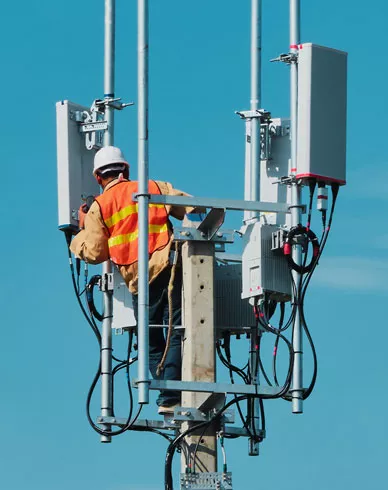





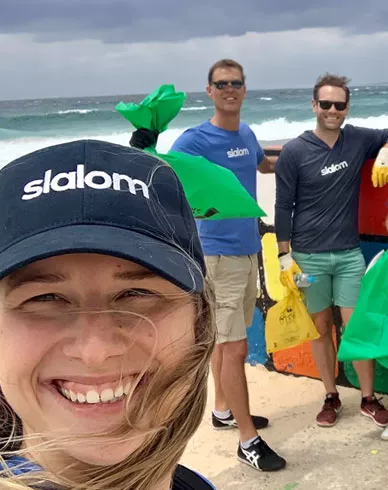














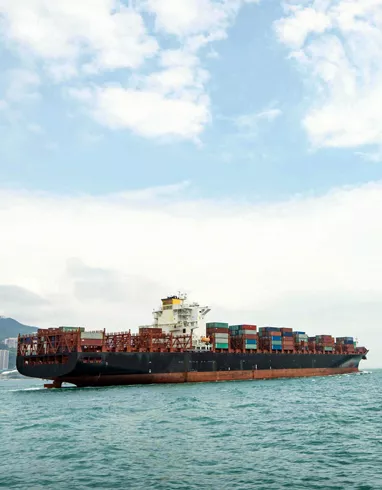

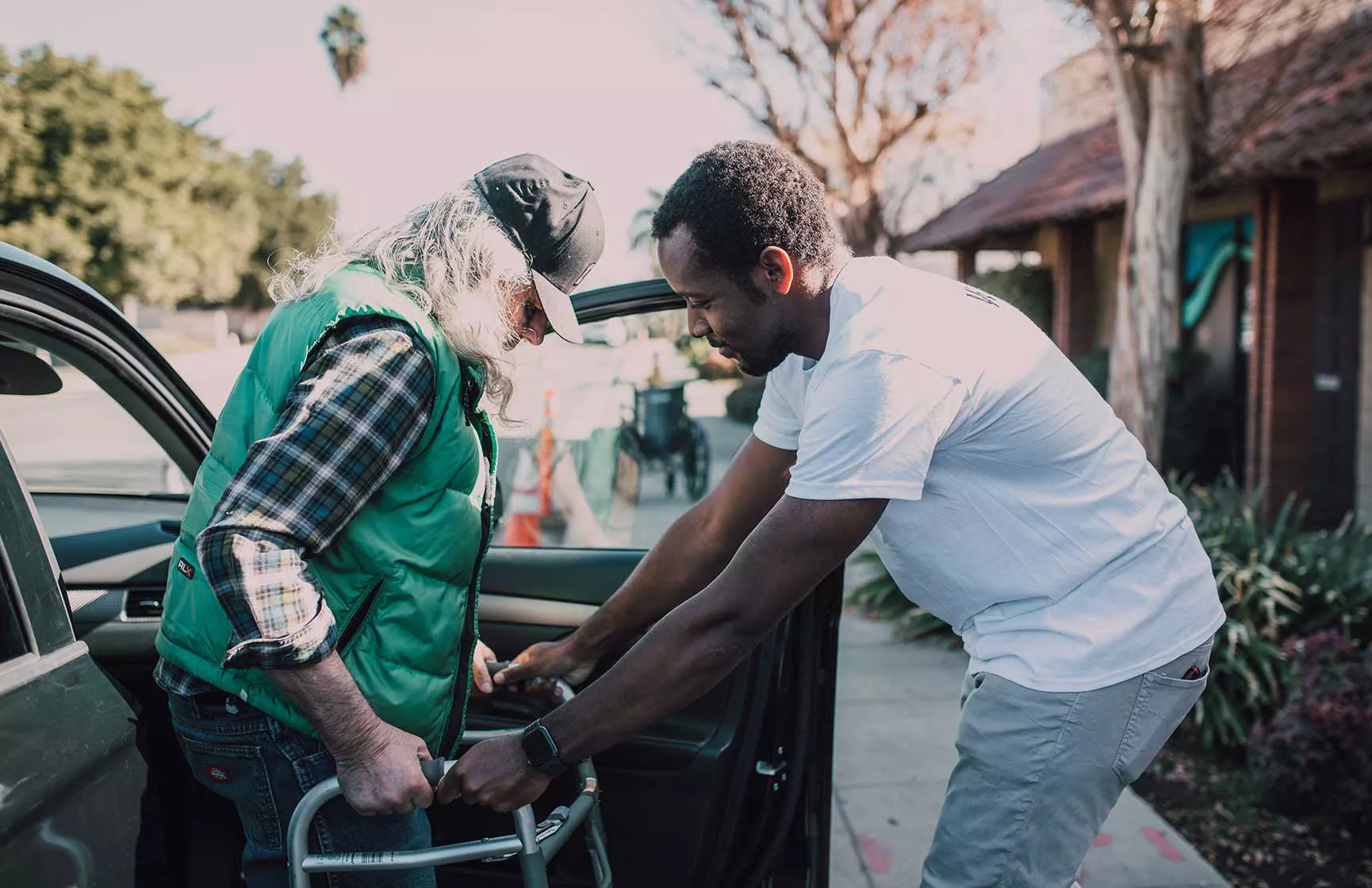










































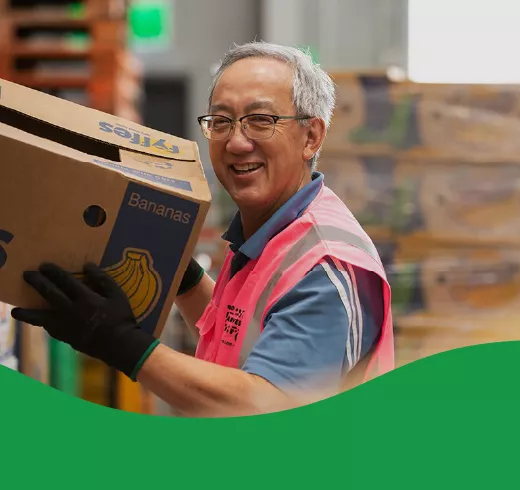














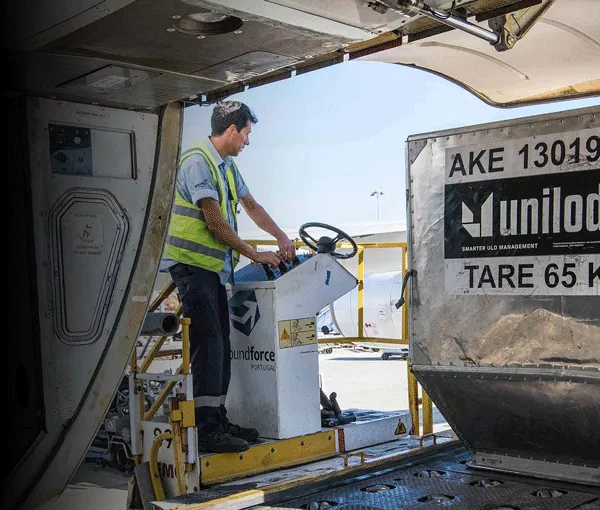















?fmt=webp-alpha)








